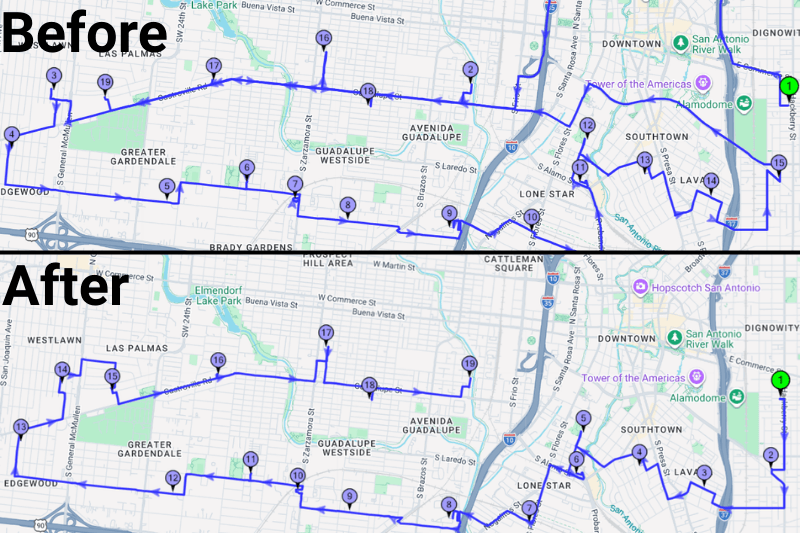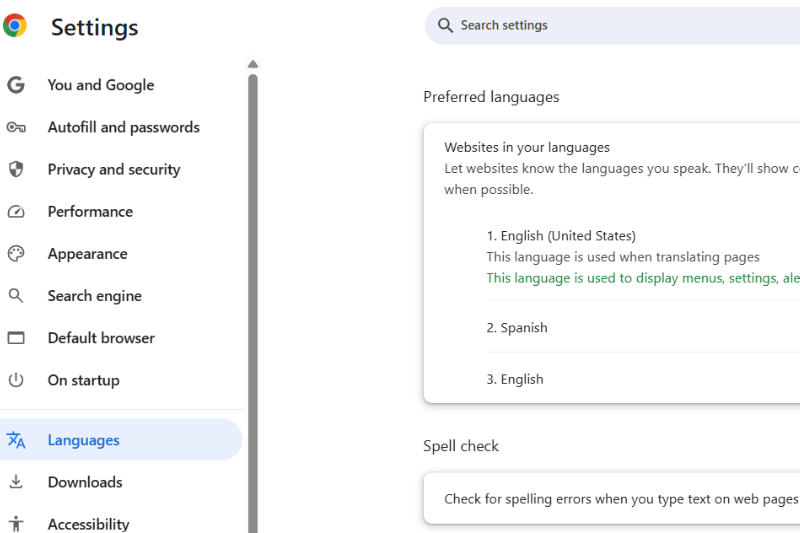Healthy Tips for Drivers On-The-Road
January 28, 2019
Sitting for periods of time is known to carry many significant health risks. And, unfortunately for commercial drivers, there is no avoiding sitting all day long. However, spending 10 hours a day on the open road doesn’t have to have harmful effects on a drivers health and well-being. Making a few simple changes when route planning, and to driver daily routines can help combat the negative effects of trucking.
Want to know how?
Sleep Enough
Sleep experts believe that the average adult needs approximately seven to eight hours of sleep every night. Without it, you may be plagued with fatigue and difficulty concentrating during the day. Even more, sleep deprivation affects cognitive abilities, emotions, and can even expose us to more health risks such as diabetes, heart disease, obesity, and so on. Therefore, the more sleep deprived we become, the more we are at risk – and can be a risk to others. According to the National Highway Traffic Safety Administration (NHTSA), fatigue and/or sleep deprivation may be a contributing factor in at least 30 to 40 percent of all heavy truck crashes.
So, as we need sleep to regulate our overall health and well-being, it’s vital you manage to fit in seven to eight hours of sleep every night – to guarantee you are safe to be on the road, and you are maintaining your overall health.
Eat Healthy
The majority of drivers eat on the run, therefore making it very difficult to plan healthy meals and count calories. What’s more, preparing meals in your truck simply isn’t practical, and when you find yourself peckish it’s very easy to pick up junk food.
However, due to the current healthy lifestyle trend taking over, you’ll find all grocery stores, gas stations, and convenience stores packed with nutritious food for you to purchase such as pre-washed fruits and veg, ready-to-go salads, and even nutritious meals. Take the time to stock up on healthier snack options that will reduce cravings for junk food.
More so, as most long-haul drivers find themselves away from home more often than not, when you do get to go back home, put aside some time to work on meal-prep. You can cook healthy meals for a week, and pack them to go with you to enjoy on the road. When back on the road, look at stopping at restaurants that offer reduced-calorie meals, and utilize your GPS to help you plan your food choices around your route.
Rest Stops
Setting off and driving for long periods of time is no easy feat. Drivers can easily succumb to tiredness, fatigue and muscular pain. These three factors not only cause distractions but are also major contributors to road accidents. However, this can all be avoided with regular rest breaks.
Breaking up long drives by taking a short 15-minute rest stop every two hours, will help with tiredness, will let you get up and stretch your legs – to combat any blood pooling in your legs – and will greatly relieve muscular pressure from sitting all day long. Therefore, keeping you more comfortable and alert for the rest of the journey.
So, when you map your route be sure to include rest breaks to ensure your stops don’t get you off schedule.
Stimulate Your Mind
It’s not uncommon for drivers to get bored on the job. Let’s be honest, mile after mile of looking at the same scenery doesn’t do much for mental stimulation. However, much like our physical body, the mind needs to remain active to enhance performance and cognitive reserves.
Luckily, long-haul driving opens the doors to many educational pursuits such as listening to audiobooks, podcasts, learning a new language, and listening to different music options. These driving periods can be used to learn about new subjects that fascinate you, all the while, staying alert and keeping your brain wheels turning.
Exercise Regularly
Maintaining an exercise routine on the road can seem impossible, especially if you find yourself on the road for ten hours and in new locations every day. However, consistent exercise is essential for our well-being and therefore should be encouraged at all times.
Finding yourself a workout partner that will help motivate you is a great way to remain consistent. Moreso, when you find yourself on the open road, taking with you weights, running shoes, and even folding bicycles are great ways to work out and stay fit. These are all inexpensive options and can be stowed in your vehicle to be used when you find yourself in one of your rest breaks, or at a truck stop.
Conclusion
Long distance work doesn’t lead to a healthy lifestyle, and it doesn’t help when drivers pick up many bad habits. But, there are a few tips and tricks you can follow to maintain your health and well-being while on the road. For example, ensuring you get regular sleep, eat healthy, exercise, and so on.
The job itself may be monotonous, but if you follow these tips, you’ll be on the road to health, productivity, and success.









